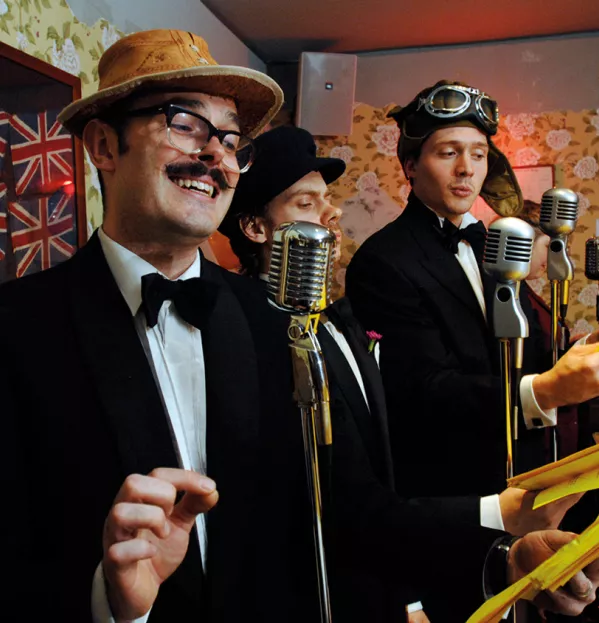Of all the career prospects that are available to pupils, few are as glamorously mystifying as that of a writer. Students should be familiar enough with the work that many writers produce, but the process is less tangible. Inviting local authors into our schools for workshops is, therefore, a wonderful idea, but as teachers, we need to be protective of our pupils’ time and ensure that these sessions are executed meaningfully, and with long-lasting benefits.
Over the past five years, I have observed workshops run by many authors with varying degrees of prominence. Their presence, especially in the English department, should be celebrated and encouraged. I have discovered, however, that these visits work best when purposefully managed. They should not be marketing campaigns. They should not be merch-shifting opportunities, public-relations spiels or ego-massaging sermons. They should certainly not be a “free period”. These workshops are not essentially about the author’s agenda at all; of course not. They are about our pupils.
Two hours with a writer may well disappear in a cloud of self-indulgence and disengagement. Authors have many talents, but we are the experts when it comes to preparing resources, managing behaviour and setting activities. It comes down to planning. Pupils must see links between what they are doing with this visitor and their own learning journey. The workshop is essentially no different from any other lesson with defined objectives and expectations.
Writing portfolios can blossom
For the past two years, I have been fortunate to strike up a successful working rapport with the newspaper columnist Dani Garavelli. Her non-fiction workshops have become one of the highlights of our departmental calendar, and senior pupils have seen their writing portfolios for national qualifications blossom thanks to Dani’s input. This does not happen by accident. Dani and I liaise closely, discuss over coffee, share and critique resources, and collaborate fully before and during her time in school. Teachers need to be hands-on and proactive to help writers have a lasting impact on pupils’ minds.
For Dani’s part, I know she views her time with our pupils as a way of giving back and fostering that love of writing in a new generation. She works with pupils to help them with topics; she delivers clear advice on planning, editing and redrafting; she shares techniques and approaches in ways that make the concept of being a writer much more transparent.
Often we move on too quickly and neglect to develop these workshops to their full potential. What do pupils do with their new-found abilities in haiku/radio drama/spoken word? I value coherence in learning and plan subsequent lessons to build on the skills more deeply. Visiting writers come and go, but if we are purposeful and strategic, then their ideas will continue to echo.
Alan Gillespie is principal teacher of English at Fernhill School in Glasgow
